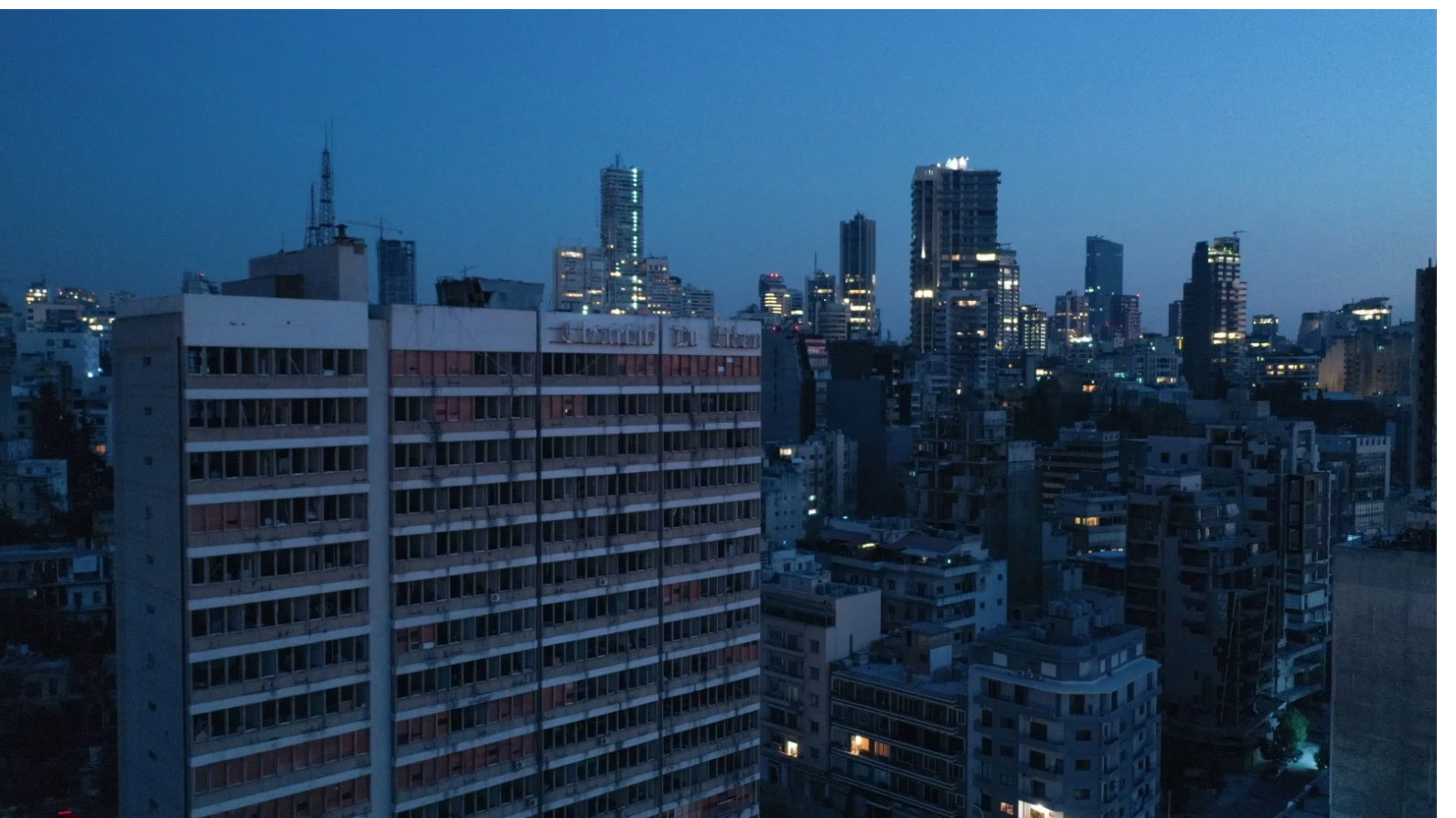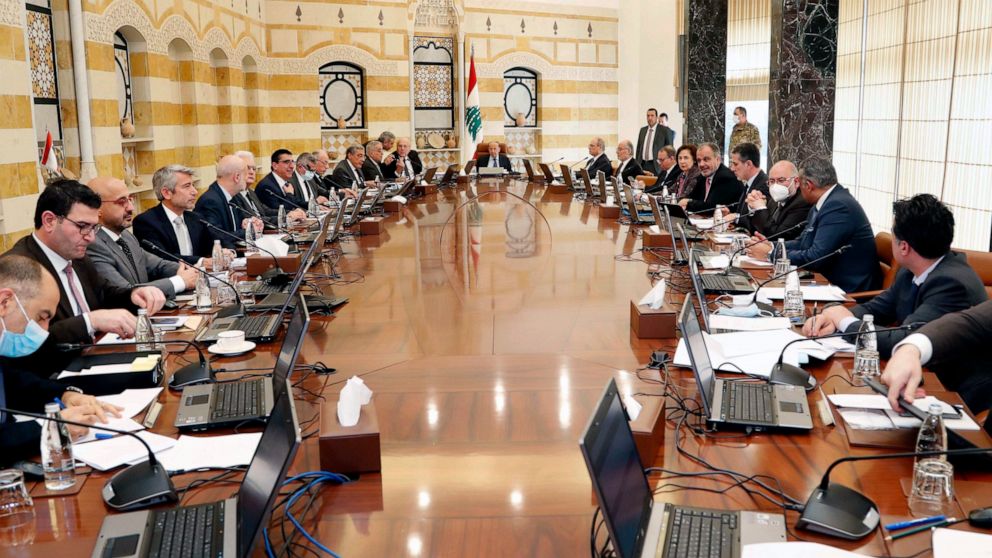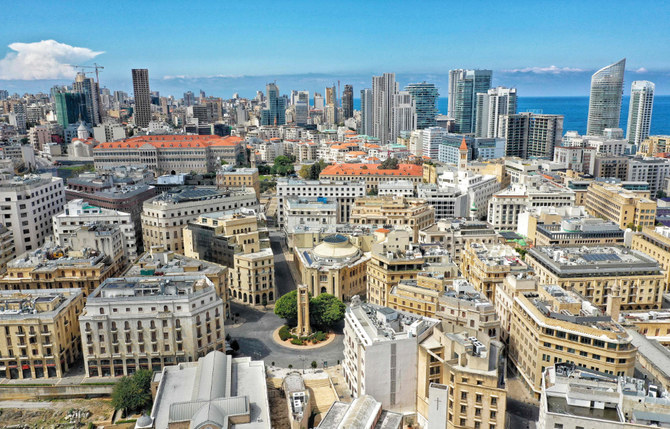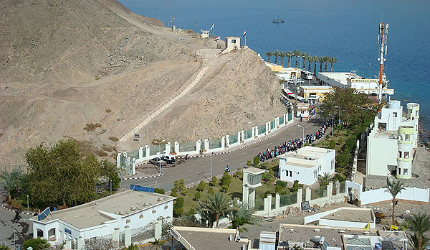
by arabnews.com — Najia Houssari — BEIRUT: Lebanon’s economic collapse means that the Lebanese people are now responsible for sourcing their own electricity for most of the day, every day. Many of them are now turning to solar power — previously seen as a luxury — as a solution. Lebanese citizens do, at least, have some experience with securing their own power: For the past 40 years, the country’s patchy electricity supply has meant that 24-hour power was almost impossible to come by, so the majority of Lebanese are familiar with having to use private generators to access electricity during the country’s frequent power cuts. Plans on which billions of dollars were spent were largely ruined by political disputes and, despite the warnings of the international community, the Ministry of Energy took no action to rectify the situation. According to Bassam Mawlawi, minister of interior in Lebanon’s caretaker government, the ministry had to pay $160,000 to secure electricity for the parliamentary elections that took place last month.
Lebanon has been regularly plunged into darkness recently because of skyrocketing fuel prices resulting from the increase in the dollar exchange rate. The situation was exacerbated when the Lebanese state began to remove fuel subsidies and international fuel prices rose because of the Russian-Ukrainian war. Along with an increase in network failures, infrastructure theft has only made things worse. Considering Lebanon’s long history of power outages, it is perhaps surprising that many Lebanese are only now beginning to view solar power as an ideal solution to their energy issues. Travel around Beirut, the surrounding mountains and the Bekaa valley, and you will now see solar panels on many rooftops and balconies — even though the internal security forces have repeatedly warned against setting up solar panels without an agreement between building residents, in an attempt to limit disputes. But since solar energy allows people to be self-sufficient and spares them the costs of private generators — the fees for which can be prohibitively expensive since there is no real oversight of the industry — those warnings are falling on deaf ears.










